Recognising the role of women in coding
08/03/22
To address gender disparity in the IT and tech industry, Code Week wants to acknowledge, recognise and promote the women who had a past, present and future influence in the world of computers and coding. This spring is dedicated to you!
In its pioneering days, computer programming had better gender balance than it does today. Actually, up to the middle 1980’s, the numbers of men and women interested in a career in computer science and coding was equal, with women slowly being pushed aside from this industry until the percentage of women in coding dropped to a bit over 17 percent in the last decade.
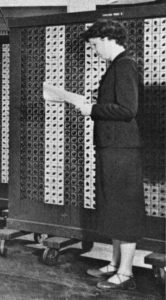
This disproportion is partly because inspirational women in tech and computers are not promoted enough to become role-models for a new generation of girls and women that plan to become innovators, tinkers and brilliant coders.
Starting with Ada Lovelace in the 1840’s – as the first ever programmer and going forward two centuries to Margaret Hamilton – as the one in charge of the programming of the Moon landing mission – women proved influential in the history of tech, computers, and coding.
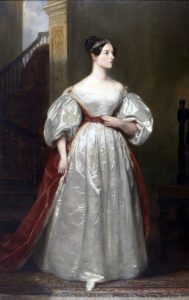
Ada Lovelace

Margaret Hamilton
Even the history of the first electronic digital computer, ENIAC, is heavily influenced by the ‘ENIAC women’, a group of six women with the technical mastery to operate such a device, and pioneering the programmer’s job, since part of their attributions involved calculating ballistics tables which were later on imputed into the ENIAC.
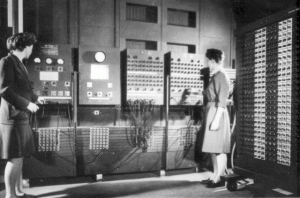
ENIAC Women at the Moore School of Electrical Engineering
European women also played a significant part in the evolution of IT and tech, starting again with Lady Lovelace (and her vision on the power future use of computers), to Joyce Ethel Aylard (English codebreaker during WWII), to Hedy Lamarr (Austrian-born inventors of Wifi and Bluetooth precursor) to Angela Ruiz Robles (the Spanish teacher who created a mechanical version of the modern ebook), and many others who had a decisive role in the innovation and progress of modern tech.
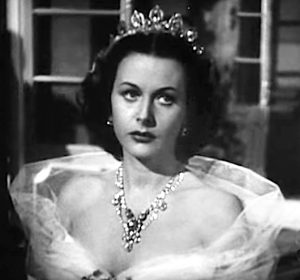
Hedy Lamarr
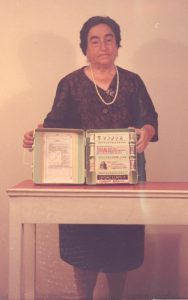
Angela Ruiz Robles
Moving on to present days, women continue to make important contributions in IT and tech, from Elvira Fortunato (coordinator of the team that in 2008 produced the first paper transistor) and Ursula Keller (pioneer in ultra-fast laser technology), to women holding leadership roles such as Victoria Bunyard (CTO at Benelux IBM), to Jaya Baloo (Avast’s Chief Information Security Officer), and many, many other influential women in IT and tech active right now.

Elvira Fortunato
In order to encourage more girls to code and start aiming at a technical career, this March we pay homage to the women that have had a big influence on the world of tech and computers. From inventors, to thinkers, to developers, to teachers, the world as we know it today wouldn’t be the same without them.
Follow the Code Week blog for regular posts throughout the month!
Sources:
https://en.wikipedia.org/wiki/Women_in_computing
https://www.bunkhistory.org/resources/3865
https://en.wikipedia.org/wiki/Timeline_of_women_in_computing
https://www.digitaltrends.com/computing/remembering-eniac-and-the-women-who-programmed-it/
https://www.bestcomputersciencedegrees.com/lists/5-influential-women-in-computer-science/


